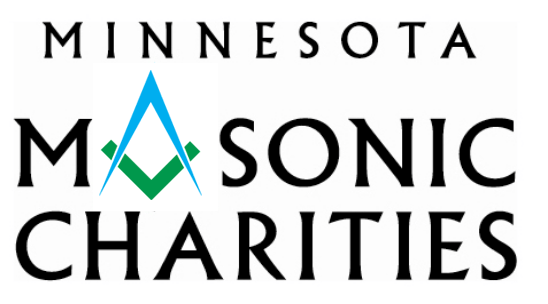As parents, we live in a world of never-ending worries about our children. Are they getting enough fruits and veggies? Are they getting enough activity? Are they getting too much screen time? Are they on track for their developmental milestones?
As both a mother and a speech-language pathologist, I have those same concerns, and while I cannot help a child learn to love broccoli or dislike cartoons, I can help you recognize if your child’s speech and language development is on track.
If you child is not doing the following, it may warrant an evaluation from a speech-language pathologist:
By 12 months:
- Pointing to objects
- Using gestures, such as waving or shaking their head
By 15 months:
- Their first word has not emerged (this can be a word approximation such as “do” for “dog” or “buh” for “ball”)
- Responding to words such as “no” and “bye-bye” appropriately
By 18 months:
- Using at least six-to-10 words consistently
- They do not appear to hear well or to discriminate between sounds
By 20 months:
- Using at least six consonant sounds, especially p, b, m, n, w and h
- Following simple directions such as “come here,” and not just when frustrated
By two years:
- A vocabulary of less than 50 words
- They are less interested in social interactions than they were before
By three years:
- They are understood by family or caregivers less than 50% of the time
- They can’t produce vowel sounds (a, e, i, o, u) and/or the consonants p, b, m and w in words
- They get overly frustrated when they’re asked to repeat themselves so others can understand them, and sometimes refuse to continue talking
By four years:
- Strangers only understand them 50% of the time
- They have difficulty correctly producing the sounds t, d, k, g and f
By five years:
- They have a difficult time being understood in all situations by most listeners
- They have a difficult time correctly producing most speech sounds
The good news is, when a speech and language impairment is identified early, a child can have a much better experience.
– Jillian Little, M.S., CCC-SLP





